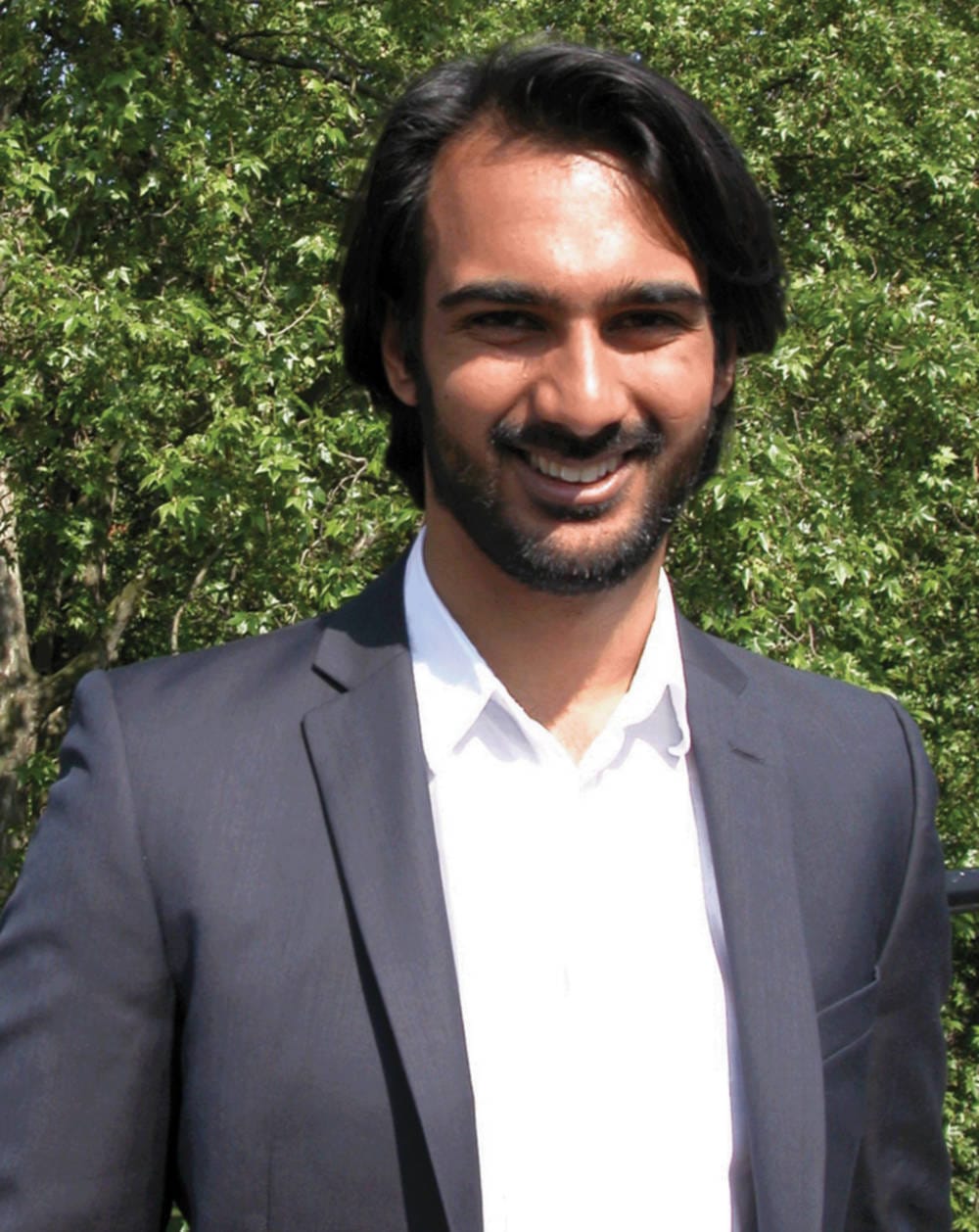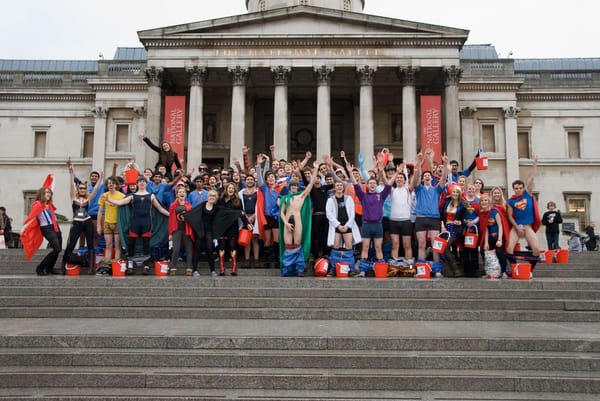Visa “victory” for scientists
Government alters visa restrictions to favour researchers

Last week, the government announced alterations to the proposals to curb immigration to reflect the importance of research to the UK amid much fanfare from activists and campaigners. The change will see a new restricted ‘certificate of sponsorship’ (‘CoS’) system where researchers are favoured significantly over other applicants. From April of this year, the government will implement an extra monthly system for sponsoring institutions to apply for extra ‘CoS’s.
Imran Khan, director for the Campaign for Science and Engineering (CaSE), the leading independent advocate for the science and engineering sectors hailed the news as a “important victory for the science and engineering sector”, but added that CaSE would “work closely with the UKBA [United Kingdom Borders Agency] to make sure this package works for Britain, as well as making sure that other aspects of the immigration system – including student visas – don’t prevent the recruitment of non-EU researchers that are so important for our research base”.
‘CoS’s are a necessary part of the application for a Tier 2 visa, the visa route by which a significant number of researchers come into the UK. These certificates can be issued by sponsoring institutions, such as Imperial, though sponsors have a limit on the number of certificates that can be issued every month.
The new restricted system will be a monthly points-based system, where sponsors can apply for extra ‘CoS’s for applicants. The applicant will then be given a score based on both salary and occupation. Applicants with the highest number of points per month will be allocated a restricted ‘CoS’. Extra points are added if the applicant is intending to apply for a post classified as a shortage occupation, a post-doctoral position, higher education teaching professionals, or almost any science-based researchers.
Under the new points-based system, a science researcher earning over £20,000 per annum would get a total of 52 points, whereas an applicant earning £149,999 per annum would only get a total of 30 points provided he or she did not qualify for any extra points based on occupation.
While it has been mutually agreed that the new proposals are far better for science and engineering sectors than the previous ones, the continued existence of a cap on Tier 2 visas threatens the effectiveness of the proposed changes.
The cap on Tier 2 visas has been set at 21,700 for the next year, around 70% of the official figure for last year, following the governments pledge to reduce immigration numbers from the hundreds of thousands to the “tens-of-thousands” by 2015. The official document for the proposals has not clearly outlined how the new restricted ‘CoS’ will work in tandem with the Tier 2 visa cap.
When talking to an administrator of a research group about the new proposals, the biggest concern was the possibility of the changing of the amount of ‘CoS’s sponsoring institutions can issue.
On top of that, the new changes include a new minimum income requirement and increasing language requirements for applicants.
The new proposals may not be exactly what science activists and campaigners were hoping for, but CaSE remains optimistic. Imran Khan explained that “while we still disagree that a cap on scientists and engineers is something the Government should have at all, and are wary of plans to limit Tier 4 student visas, these proposals should mean that the UK can continue to work with the globalised world of research.”







